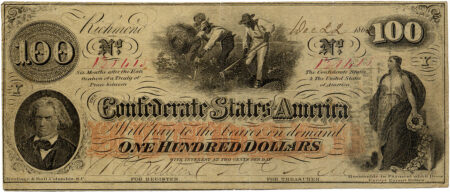Brazilian writer Ana Maria Gonçalves recently made history, becoming the first Black woman to join Brazil’s Academy of Letters.
Announced late last week, Gonçalves’s election comes after 31 members of the Academy voted in the latest round of elections. Out of 31 members, 30 people chose to elect the 55-year-old writer to occupy chair number 33 as the successor to Evanildo Bechara. Only one member put in a vote for writer Eliane Potiguara, who was campaigning to become the first Indigenous woman to be a part of the Academy of Letters.
Gonçalves now joins an elite group of Black writers to be part of the prestigious group, with only a handful of Black writers joining the institution despite the society’s history. The 128-year-old Academy was founded by Joaquim Maria Machado de Assis, a writer of Black descent who is often considered to be Brazil’s greatest writer. Machado eventually became the first president of the institution.
Gonçalves’ election also makes her the sixth woman to join the group made up of 40 members or “immortals” as they identify. With her election, the writer hopes she is able to open more doors for other writers from BIPOC groups.
“I’m the first Black woman, but I can’t be the one. I can’t carry the weight of representing an entire population that continues to be marginalized and that is itself incredibly diverse,” said Gonçalves per the Guardian. “The academy does need more women, more Black people, Indigenous people and people from other parts of Brazil. And I hope that now, from the inside, I can help make that happen.”
Initially a professor of English, Gonçalves became a publicist before pursuing writing as a full-time career. In 2002, she published her first novel, titled “Ao Lado e à Margem do Que Sentes Por Mim,” translated as “Beside and At The Edge of What You Feel For Me.”
In 2006, she followed up her initial release with the novel “Um Defeito de Cor,” translated as “A Color Defect.” The book, which chronicled the history of Brazil from the perspective of a Black woman, was heralded upon its release and has been selected as the greatest piece of Brazilian literature in the century so far. In the 19 years since its release, it has sold more than 180,000 copies.
Gonçalves has also made a name as a writer for the newspaper The Intercept Brazil. For the newspaper, the author has written columns on racial, cultural and political issues in the country.











